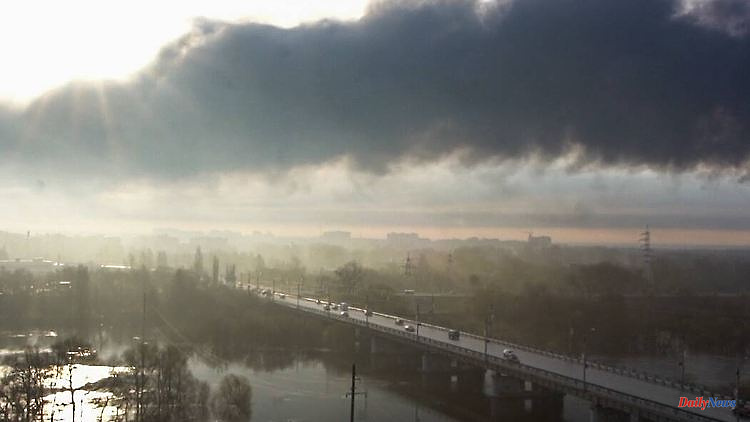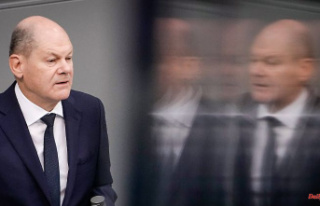Since the war of aggression against Ukraine began more than a year ago, there have been repeated attacks on Russian territory. While Moscow speaks of terrorist attacks, Ukraine sees them as justification to frighten the Russian people.
Russia has denounced an incursion by "saboteurs" from Ukraine and spoke of a "terrorist attack". "Measures were taken to destroy the terrorists," Kremlin spokesman Dmitry Peskov said in Moscow. President Vladimir Putin will be "continuously" informed about the development of the situation. He emphasized: "We are talking about a terrorist attack".
Russian authorities and the secret service FSB had previously reported that a group of Ukrainian "saboteurs" had entered the Bryansk region on the border with Ukraine. The Russian army is trying to "eliminate" the "saboteurs". As a result of the attack, Putin convened the National Security Council. According to Peskov's statements, Putin also canceled a planned trip to the Caucasus region of Stavropol at short notice in connection with the recent incidents.
Ukrainian presidential adviser Mykhailo Podoliak described the Russian state media's reports of the attack as a "classic deliberate provocation". Russia wants to scare its people to justify the attack on another country and the growing poverty after a year of war.
Since the start of the war of aggression against Ukraine ordered by Kremlin chief Vladimir Putin more than a year ago, there have been repeated attacks on Russian territory. As a rule, these are limited to the border area. Incidents deep inland are rare. At the end of February, Russia complained that Ukrainian drones had targeted civilian infrastructure in the Krasnodar and Adygea regions near the border.
For Kremlin critic Mikhail Khodorkovsky, who lives abroad, these events also reveal weaknesses in the Russian military: "The Russian army not only has no means to stop a massive missile attack, but also a single (and fairly harmless) drone." He added: "The survival of the citizens is not part of the Kremlin's military strategy, they are only interested in the survival of a single person." He was referring to Russian President Vladimir Putin.












